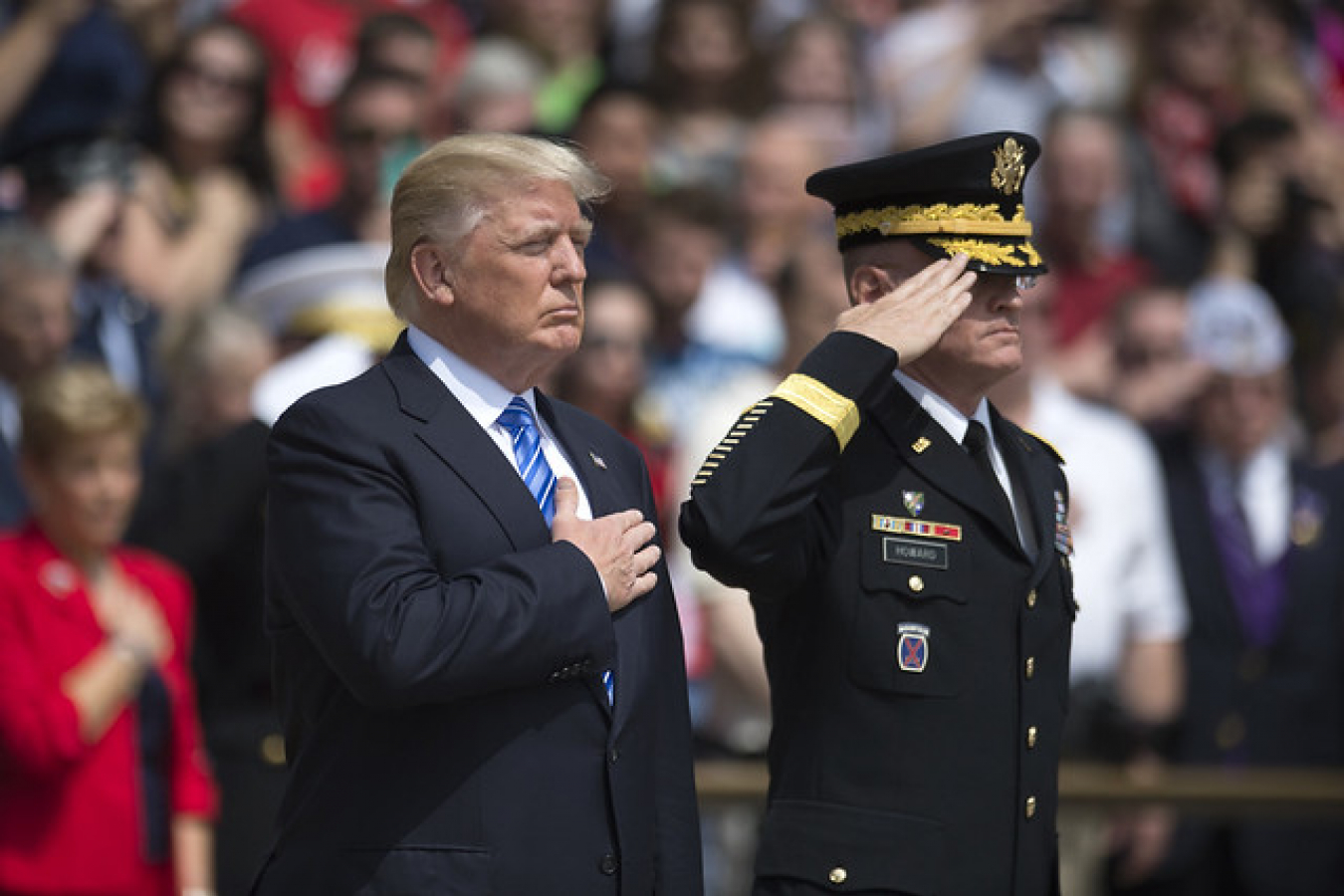Sanwar Ali comment:
NAFTA the North American Free Trade Agreement came into force about twenty-five years ago. This brought many benefits for trade between the US, Canada and Mexico. One benefit is that for Canadians L1 intra-company transfer visas are easier to obtain than for many others. However, it seems that this may be changing under Trump.
The number of Canadians refused US L1 visas is rising, according to recent reports. Canadian citizens, applying as individuals or as part of L1 visa blanket petitions, face being refused entry to the US. Speculation is mounting that a possible new policy has been introduced or that entry refusal is only occurring at certain ports of entry.
US Customs and Border Protection (CBP) are reportedly reviewing an apparent rise in L1 visa rejections for Canadian citizens. Currently, it’s understood that CBP officials at US ports of entry along the Canadian border, plus pre-clearance locations across airports in Canada, will only process ‘initial’ applications for US entry from Canadian citizens entering on an L1 visa.
The process of accepting initial applications seemingly stems from an interpretation of the regulations implemented under the North American Free Trade Agreement (NAFTA). It’s understood that CBP officers are refusing US entry requests from Canadian nationals seeking an additional period of authorized stay in the US under L1 visa status.
L1 Visa procedures unclear for Canadians
However, current regulations do not specify a limitation for the processing of L1 visa admissions by CBP. In light of potential US L1 visa refusal for US re-entry, it’s recommended that Canadian nationals first apply for such authorization from United States Citizenship and Immigration Services (USCIS).
Under USCIS legislation, they will adjudicate over an extension of L1 status based on an applicant being present in the United States at the time of filing an I-129 petition. A consular officer at a US consular post approves a visa renewal.
However, Canadian citizens are exempt from nonimmigrant visa issuance requirements at a consular post for most nonimmigrant, US visa categories. Technically, CBP does not adjudicate over US visa extensions or renewals, ever.
For applications of admission, historically the CBP does adjudicate, under the terms of the NAFTA agreement, over back to back periods of stay in the US under L1 visa status. This has been the case since the implementation of the regulation more than 20 years ago.
Speculation over reasons for change in L1 procedures under Trump
It’s rumoured that regulatory changes have been fuelled by the CBP’s efforts to reduce its responsibilities for adjudicating over nonimmigrant, US visa status. The purpose of NAFTA is to abolish barriers to trade and investment among trading partners.
However, the CBP became embroiled in the implementation of NAFTA regulations, adjudicating over certain US nonimmigrant visa status requests without a prior review process carried out by USCIS.
For example, Canadian citizens applying for admission as nonimmigrants require CBP to make determinations of status qualification and terms of admission for B1 business visitors, B1 tourists, Trade NAFTA (TN) professionals, and L1 intracompany transferees, since these nonimmigrants do not have to apply for a visa at a US consular post and they do not need a previous adjudication by USCIS to qualify for admission review by CBP.
With the US State Department and the USCIS not involved in the adjudication process for nonimmigrant, US visa exempt Canadian citizens, the CBP carries much of the burden for the adjudication process. As a result, the CBP is seemingly implementing regulatory changes to reduce this burden.
L1 Visa and NAFTA Agreement
In September 2018, Workpermit.com reported that L1 visa access for Canadians and other another nationals would become more difficult, after a regulatory pilot scheme was introduced.
The pilot scheme, which ran from April 30 to October 31, 2018, and was only active on a voluntary basis at the Customs and Border Protection (CBP) port-of-entry in Blaine, Washington, favored advanced planning over border adjudication for Canadians entering the US as L1 nonimmigrants.
Now it seems that what was a pilot scheme has now been rolled out across multiple, US ports of entry.
Prior to the new regulations, Canadian executives applying for L1A visas, and specialized knowledge workers applying for L1B visas transferring to the US for their companies, had enjoyed the on-the-spot processing perk, which is part of the North American Free Trade Agreement (NAFTA), for decades.
Recent evidence released by the National Foundation for American Policy (NFAP) shows that shortly after Donald Trump signed the ‘Buy American, Hire American’ presidential executive order on April 18, 2018, refusal rates for L1 visa petitions have significantly increased under USCIS adjudication. Refusal rates now seem to be increasing for Canadian citizens.
Workpermit.com can help with US employment-based visas
If you would like to apply for a US work visa – including L1 visas, E1 and E2 visas, B1 in lieu of H1B visas and H1B visas - WorkPermit.com can help.
WorkPermit.com is a specialist visa legal services firm with thirty years of experience dealing with visa applications. We can help with a wide range of visa applications to your country of choice. Please feel free to contact us on 0344 991 9222 or london@workpermit.com for further details.




